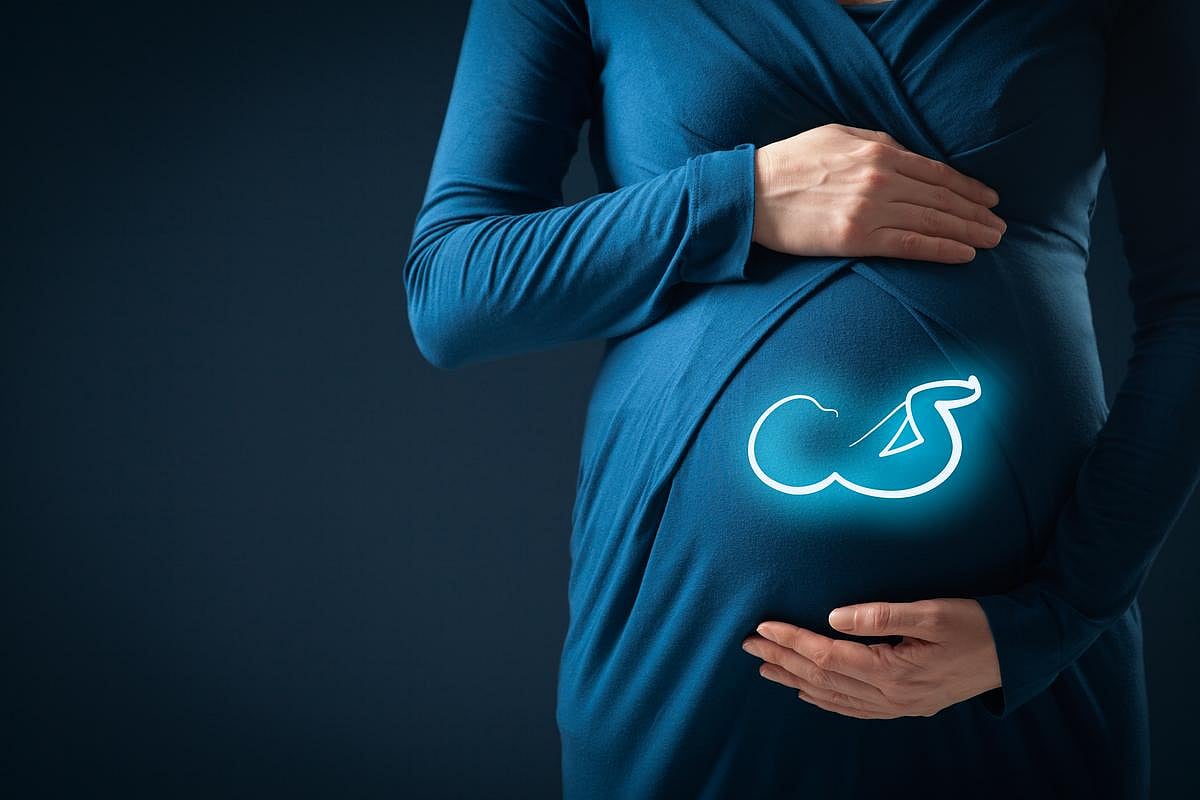Higher risks for spontaneous pregnancy loss and congenital anomalies seen in association with exposure to preconception CT
By Elana Gotkine HealthDay Reporter
WEDNESDAY, Sept. 10, 2025 (HealthDay News) — Exposure to preconception computed tomography (CT) imaging is associated with a higher risk for spontaneous pregnancy loss and congenital anomalies, according to a study published online Sept. 9 in the Annals of Internal Medicine.
In a population-based observational study, Camille Simard, M.D., from the Jewish General Hospital and Lady Davis Institute for Medical Research in Montreal, and colleagues examined the risk for spontaneous pregnancy loss and congenital anomalies in offspring of women exposed to CT ionizing radiation before conception. The study included 5,142,339 recognized pregnancies and 3,451,968 live births identified between 1992 and 2023.
The researchers found that those exposed to CT imaging more often had diabetes, hypertension, obesity, and smoking. The rates of spontaneous pregnancy loss among recognized pregnancies were 101, 117, 130, and 142 per 1,000 pregnancies with zero, one, two, and three or more preconception CT scans, respectively, with adjusted hazard ratios of 1.08, 1.14, and 1.19 for one, two, and three or more CT scans, respectively. The rates of congenital anomalies among live births were 62, 84, 96, and 105 per 1,000 births in those with zero, one, two, and three or more CT scans, with adjusted hazard ratios of 1,06, 1.11, and 1.15 for one, two, and three or more CT scans, respectively. For head CT, the risk was not consistently lower than that for CT of the abdomen, pelvis, or lower spine.
“In young women, alternative imaging methods to CT should be considered, when appropriate,” the authors write.
Editorial (subscription or payment may be required)
Copyright © 2025 HealthDay. All rights reserved.








